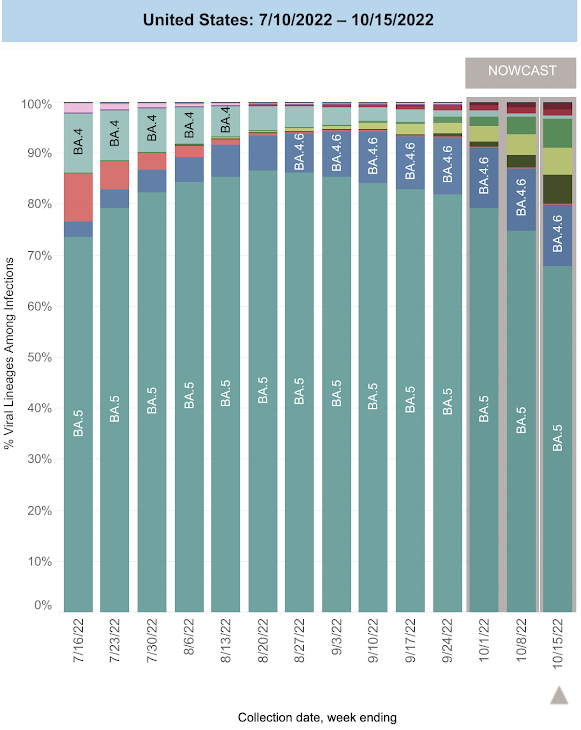Nutrition and Natural Strategies Offer Hope Against COVID-19
In this interview, repeat guest Dr. Andrew Saul, editor-in-chief of the Orthomolecular Medicine News Service, reviews what we currently know about vitamin C (ascorbic acid) for the prevention and treatment of novel coronavirus COVID-19. As noted by Saul, much of the information about vitamin C for the coronavirus is currently coming out of China. Meanwhile, in the U.S., a lot of nutritional advice is being censored and tagged as "fake news." Mortality Rate Is Likely Vastly Overestimated At the time of this interview, March 17, 2020, COVID-19 has triggered mass hysteria — in the United States at least. Countries around the world, including the U.S., are also quarantining, closing down borders, implementing curfews and generally recommending or enforcing isolation of the populace. But this is all for the most part a preventive strategy. Are people infected? Yes. Are people dying? Yes. But we're talking about deaths in the thousands, not hundreds o...
.png)
